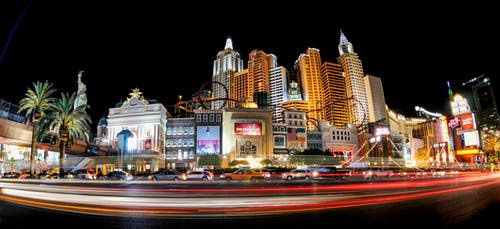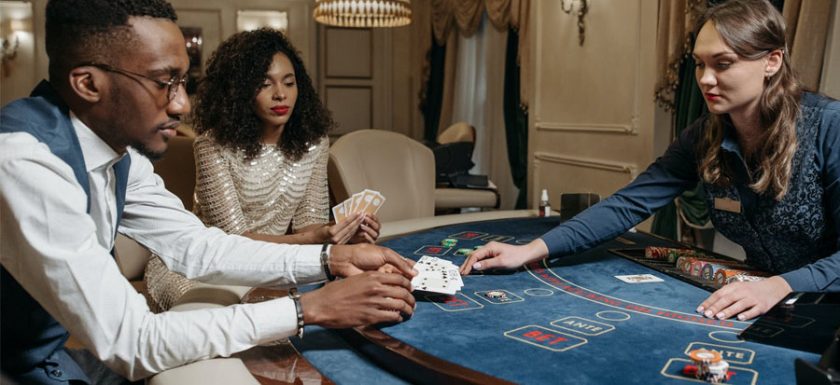The nobles in England already started gambling in the Middle Ages. The 20 shillings set as the betting limit per day is equivalent to £2800 today. They played games while having tea and cookies at coffee houses or while having a drink at a local saloon. Gambling, food, and drink have always gone together.
Gambling venues

People did not have to go to casinos to gamble. Games of craps were played in local bars, and by the end of the 11th century, everybody was taking part. One can imagine farmers taking a break from a cold day selling sheep in the Stow’s market, drinking a pint, and playing some cards.
Types of gambling

There were all types of gambling in the UK that included cockfighting, horse racing, and chess. When gambling became so popular that it raised concerns, governing bodies were introduced in 1190. The United Gambling Act became the United Kingdom Gambling Commission, UKGC, in 2005. The legal age for most types of gambling was 21, but 18-year-olds were allowed to take part in lotto and play bingo.
Betting sites

In 1995, everything changed with the explosion of the internet, and people could enjoy their gambling at sites like bettargetmobile.com. But, with the help of the UKGC, players could bet safely, knowing that the casinos were regulated, fair, and safe.
Gambling population

Today, 20 million people in the UK gamble in on-land casinos and online. The gross gambling yield of the UK’s gambling industry in 2020 was 5.89 billion British Pounds. This was, in fact, nearly half of what it was the previous year, but the government still made about 2.8 billion pounds.
New online casinos are forming daily, and while the UKGC is in control of the situation, it is clear that gambling will not be disappearing in the UK anytime soon.

